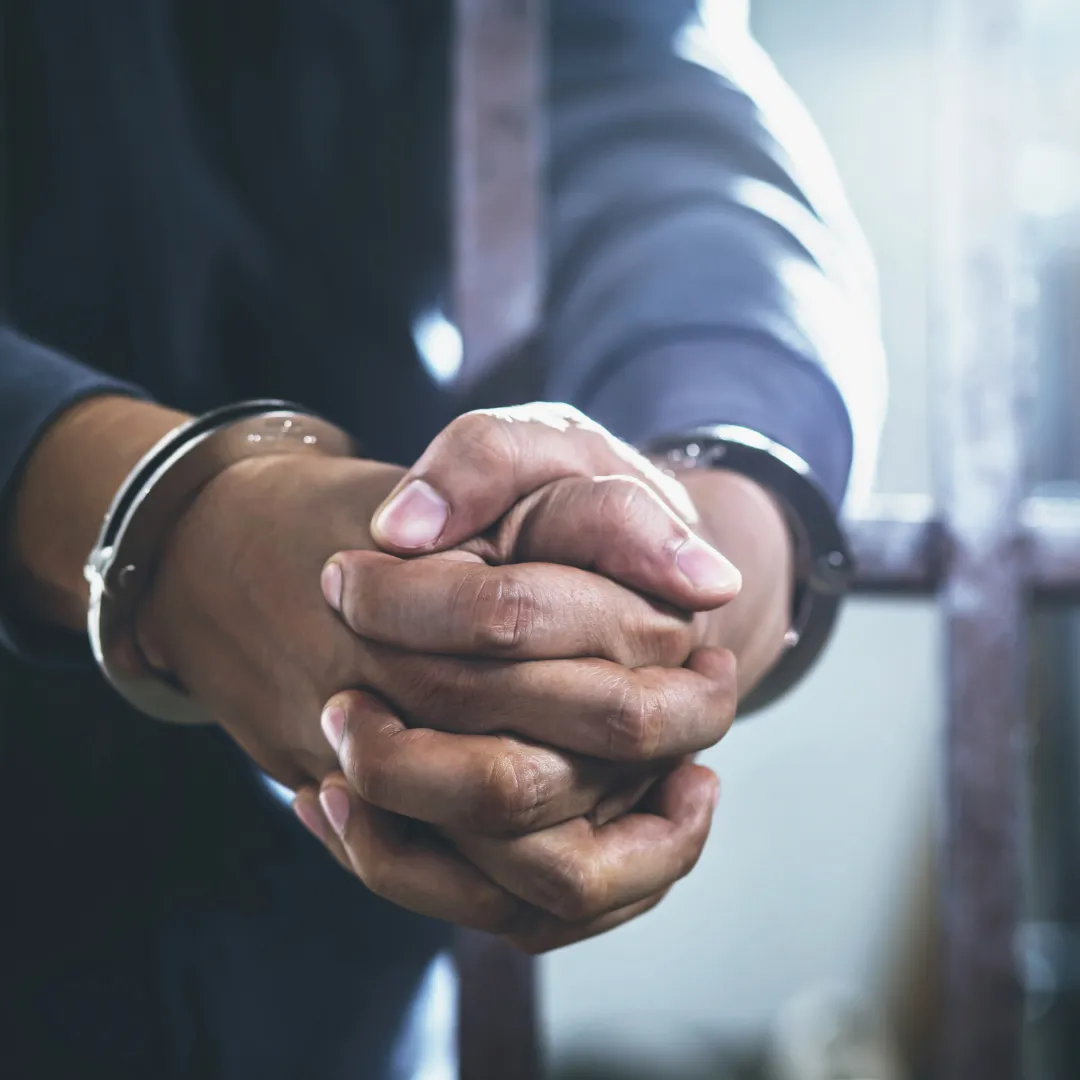Our Latest Articles

Ending the School-to-Prison Pipeline in CPS
"Change is never easy, but always possible." – Barack Obama
Introduction:
The school-to-prison pipeline is a systemic issue that disproportionately affects Black and Brown students, particularly in urban school districts like Chicago Public Schools (CPS). This phenomenon funnels students—especially those from marginalized communities—out of the classroom and into the criminal justice system through harsh disciplinary policies, over-policing in schools, and a lack of restorative justice practices. Instead of nurturing young minds, CPS’s punitive policies have historically set students on a path toward incarceration rather than education and success.

Understanding the School-to-Prison Pipeline
The school-to-prison pipeline refers to a pattern where students—often low-income and students of color—are disciplined in a way that increases their chances of entering the criminal justice system. This process begins with:
Zero-Tolerance Policies: Many CPS schools implement strict disciplinary measures that criminalize minor infractions, such as tardiness, talking back, or dress code violations.
Over-Policing in Schools: The presence of police officers (School Resource Officers or SROs) in schools leads to increased student arrests for nonviolent offenses.
Lack of Mental Health & Counseling Services: Many CPS schools lack trained mental health professionals, leading to punishment rather than intervention for students experiencing trauma or behavioral issues.
High Suspension & Expulsion Rates: Black students in CPS are suspended and expelled at a much higher rate than their white peers, contributing to disengagement and academic failure.
Inadequate Funding for Restorative Justice Programs: Schools that lack funding for alternative discipline models often resort to punitive measures rather than rehabilitative or educational support.
The Disproportionate Impact on Black and Brown Students
In CPS, Black students make up roughly 36% of the student population but account for over 60% of school suspensions and expulsions. Latinx students also face higher rates of disciplinary action than their white peers. Instead of addressing the root causes of behavioral issues—poverty, trauma, lack of educational resources—these students are pushed out of school and into the juvenile justice system.
The consequences of this systemic bias are devastating:
Lower Graduation Rates: Students who face suspension or expulsion are more likely to drop out of school.
Higher Incarceration Rates: Students with a history of school discipline are significantly more likely to become involved in the criminal justice system.
Economic & Social Disparities: A lack of access to quality education and employment opportunities perpetuates cycles of poverty and systemic inequality.
Solutions: How We Can Break the Pipeline
Ending the school-to-prison pipeline requires systemic change within CPS. Some key solutions include:
Eliminating School Resource Officers (SROs) & Investing in Mental Health Services
Redirect funding from school police to hire counselors, social workers, and trauma-informed specialists.
Implement peer mediation and conflict resolution programs.
Expanding Restorative Justice Practices
Schools should replace punitive discipline with restorative justice programs, such as peace circles and peer-led discussions, to address behavioral issues constructively.
Equitable Funding for Under-Resourced Schools
Many CPS schools lack proper funding for quality teachers, after-school programs, and career development opportunities. Investing in these resources keeps students engaged and focused on success.
Eliminating Zero-Tolerance Policies
Schools must move away from automatic suspensions and expulsions for minor infractions and instead adopt case-by-case approaches that prioritize student rehabilitation over punishment.
Providing Career & Vocational Training Programs
Schools should partner with businesses and community organizations to provide students with hands-on learning opportunities, internships, and apprenticeships.
Strengthening Parent & Community Engagement
Parents, educators, and community members must work together to advocate for policy changes at the district and state levels to protect students from unjust disciplinary practices.
Conclusion
The school-to-prison pipeline in CPS is a crisis that requires immediate attention. Instead of treating students like criminals, the system must provide them with opportunities for success. By eliminating punitive disciplinary policies, investing in student support services, and prioritizing educational equity, CPS can begin to dismantle this harmful cycle.
It's time to stop criminalizing our youth and start empowering them to thrive. The future of Chicago depends on it.

Empowering learners worldwide with accessible, quality education.
Links
Home
About Us
Pricing
Courses
Contact Us
Blog
Legal
Terms of Use
Terms & Conditions
Payment Method
Privacy Policy
Newsletter
Join our community to stay updated on the latest courses, exclusive content, and learning resources. Subscribe now and take the next step in your educational journey!
